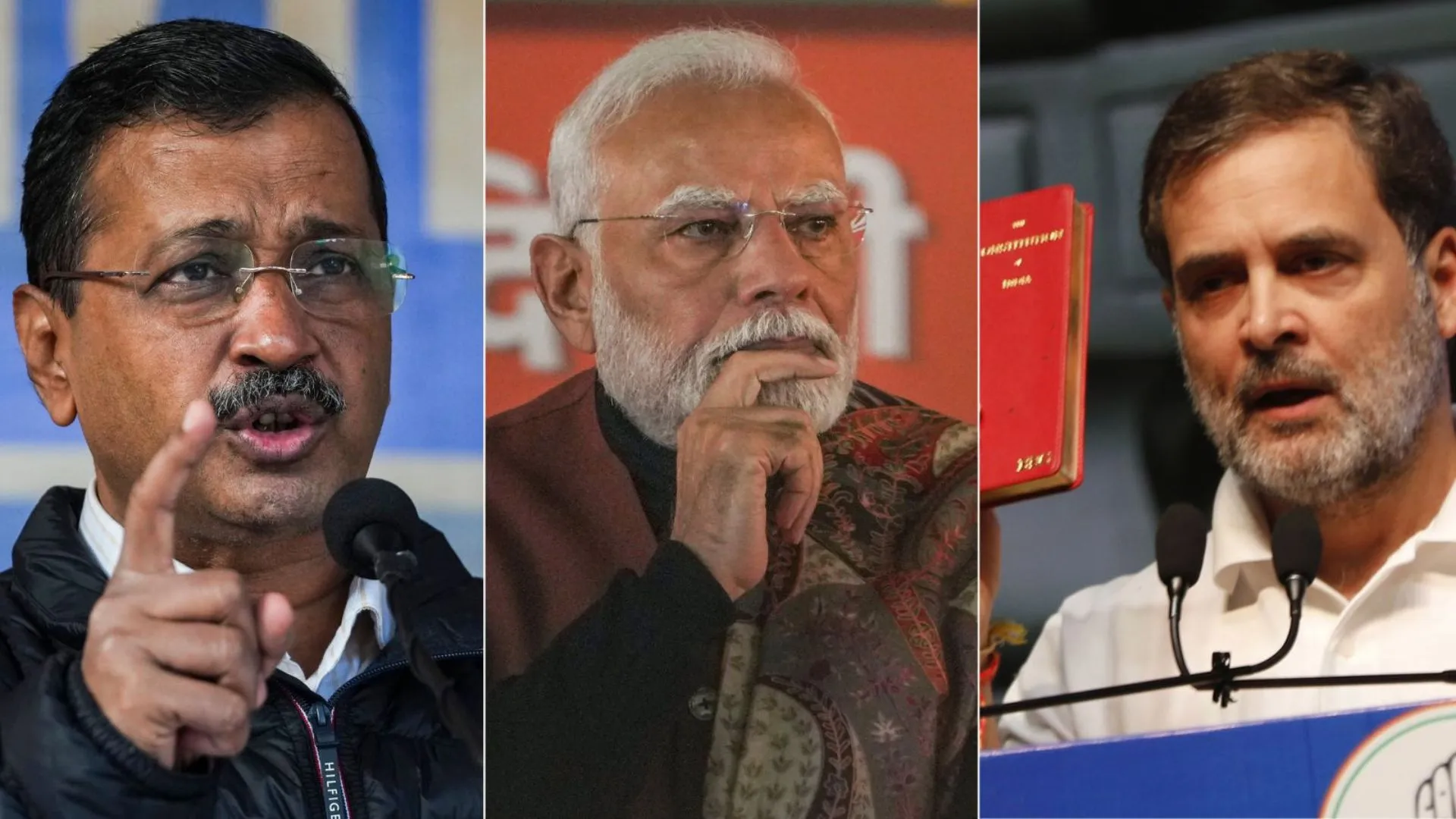Mahashivratri, ‘the great night of Shiva’, is no ordinary festival. It commemorates a momentous task performed by God – removal of evil from the entire world. For this reason, it is perhaps the most important festival of all. Befitting its significance, it is marked solemnly, without revelry, by fasting, prayer, and meditation.
In spiritual terms, night denotes the darkness of ignorance and evil tendencies that prevails in human minds. The ignorance is of our true identity as souls, and our relationship with the Supreme Soul, God. The current time is such a time, when most people are under the sway of harmful impulses which they are unwilling or unable to control because of being spiritually weak. God Himself then comes to this world to empower us, His children, purify us, and remove all our weaknesses so that we can experience lasting peace and happiness once again.
The most well-known reference to this spiritual rejuvenation brought about by God is made in the Bhagavad Gita, where God says that whenever there is a decline of righteousness and rise of unrighteousness in this world, He manifests Himself.
Just as no amount of electric lights, stars, or even the full moon can turn night into day, and it takes the sun to do that, the darkness of the spiritual night can be dispelled only by God, who is also called the Sun of Knowledge. This task cannot be performed by sages, saints, or deities.
It is crucial here to understand the difference between deities, who are numerous, and the one and only God.
In the Gita, God says that “Neither the hosts of deities nor the great sages know My origin”.
The Upanishads describe God, the Supreme Soul, as one who cannot be seen with physical eyes (Mundaka Upanishad). They also describe Him as the one who has no limbs but moves extremely fast, has no eyes but sees all, has no ears but hears everything, is all-knowing but is not known to anyone (Shvetashvatara Upanishad).
It is clear that unlike the deities, who have a physical or subtle body, God is incorporeal. He is “unborn and beginningless”, as the Gita says.
It is for this reason that Shiva is worshipped in the form of the ‘lingam’, an oval-shaped stone that does not have the human features seen in the idols of deities.
The pre-eminent place of Shiva in the Hindu pantheon is indicated by the prayer, ‘Brahma devay namah, Vishnu devay namah, Shiv parmatmane namah’ (Salutations to the deity Brahma, salutations to the deity Vishnu, salutations to the Supreme Soul Shiva).
The Gita also dwells at length on how God purifies the world, which further indicates that this task is performed by Shiva.
It first identifies the root of evil, which leads to the downfall of human souls and all our sorrows. “It is lust, it is anger born of the quality of Rajas, all-sinful and all-devouring; know this as the foe”, God says in the Gita.
Elaborating on this, God says: Wisdom is enveloped by this constant enemy of the wise in the form of lust, which is unappeasable as fire! “Do thou kill this sinful thing (lust), the destroyer of knowledge and realisation”, God tells Arjuna. Lust, anger, and greed are destructive of the self and gates to hell, God says.
Lust itself arises from ignorance of our true identity as souls, and identifying the self with the body.
It is God Shiva who destroys lust, as mentioned in the Shiv Puran. He is said to have opened His third eye, from which emerged fire that incinerated Kamdev, the mythical deity of sensual love. Incorporeal God has no eyes, and He opens our ‘eye’ of the intellect by reminding us that we are souls, not bodies, and that we are originally pure beings. Seeing the self and others as souls, the children of God, changes our perspective, and that is what removes lust from the mind. This begins the process by which we become free from all vices. This is the basis of purification of souls and the world.
In essence, Shivratri commemorates the fulfilment of God’s promise in the Gita, to come to this world “for the protection of the good, destruction of the wicked, and the establishment of righteousness”.
B.K. Brij Mohan is Additional Secretary General of the Brahma Kumaris.

















